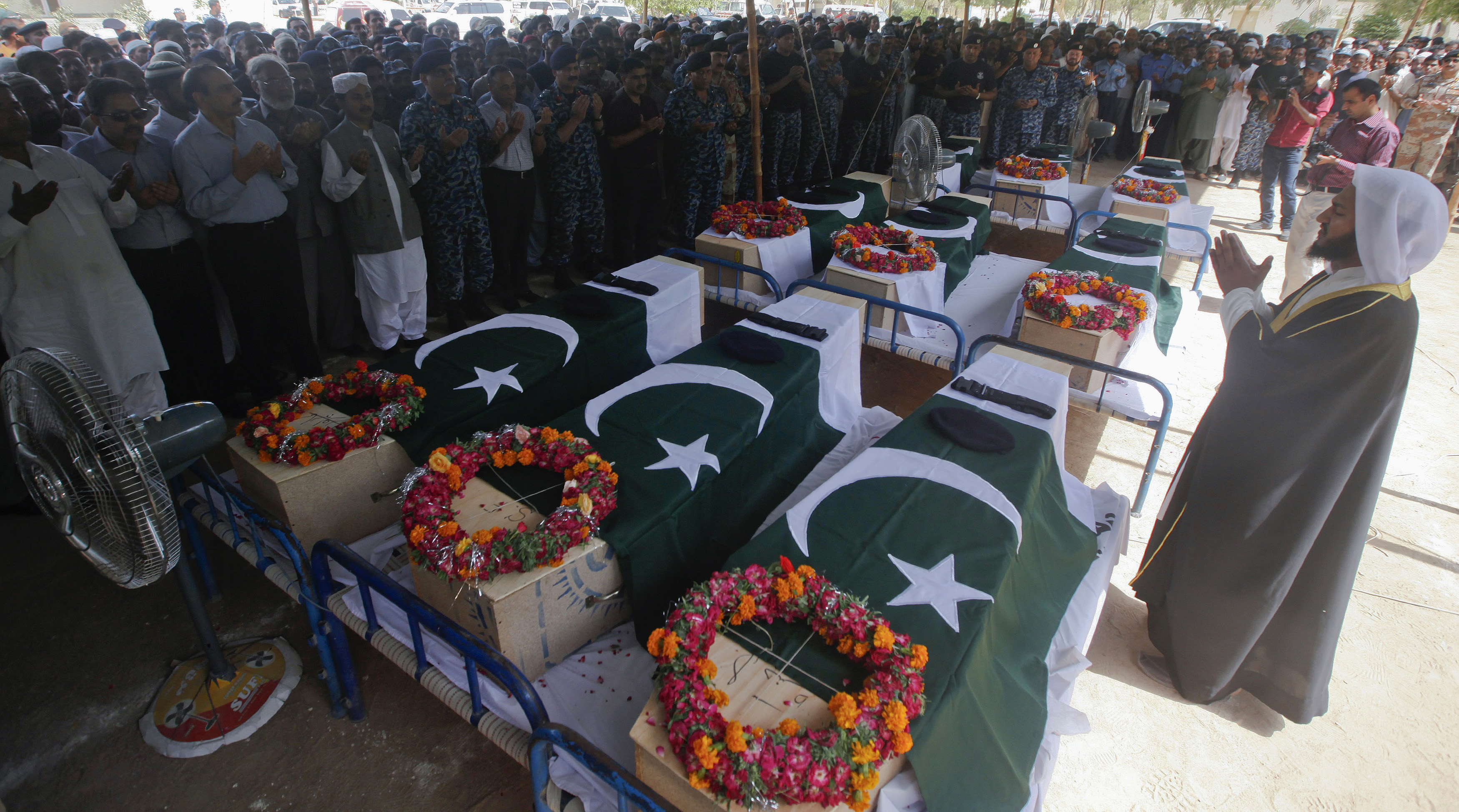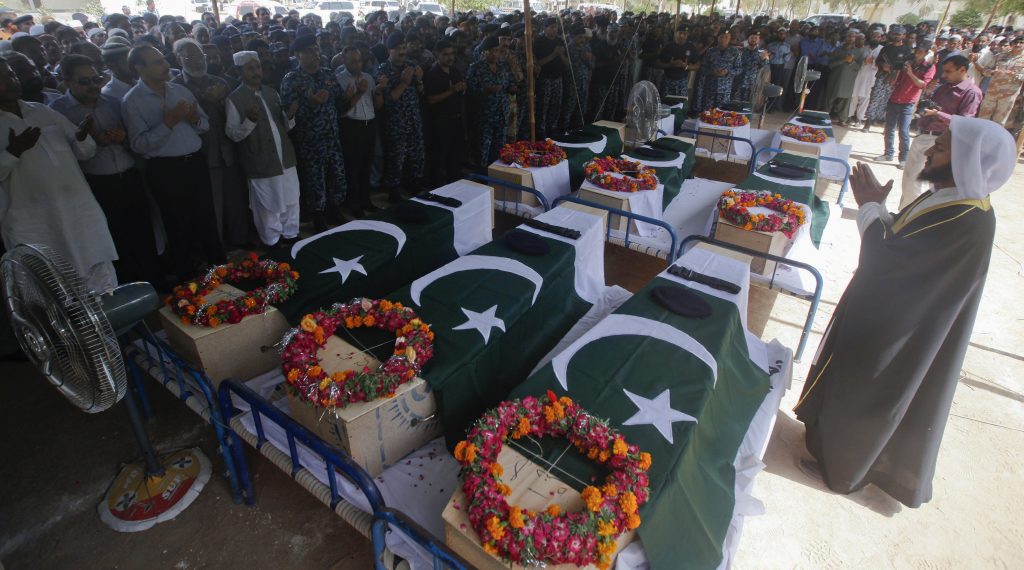
Government’s New Policy Focuses on Response to Attacks, Should Stress Prevention
Militants launched a well-coordinated, commando-style attack on Karachi’s Jinnah International Airport Sunday night, killing at least 18 people and seizing part of Pakistan’s busiest air-travel hub for more than five hours. Shuja Nawaz, director of the Atlantic Council’s South Asia Center, provides an early analysis:
What is significant about this attack?
The talks between the government and the terrorists are going nowhere. This was the second major attack of its kind by the Taliban and most probably Al Qaeda acting in concert. The last one was in 2011 on Pakistan Naval Station Mehran, also in Karachi, when they penetrated the naval air station and burned P-3 Orion aircraft.
The one before that was on the army headquarters in Rawalpindi. The modus operandi was the same: uniforms and fake ID cards and apparently inside knowledge of weak spots in the perimeter defenses.
What they are saying to the government is: we can hit you at will at places that you do not expect. This puts the government on the back foot and in a reactive mode.
That said, one sign of progress on the government side was the Airport Security Force’s ability to divert the attackers away from the main terminal building toward the less populated and used old terminal building. Whether this was by chance or design is unclear.
What does it suggest about Pakistan’s security strategy, and the government’s ability to respond to and thwart such attacks?
The ability to respond is still being developed. The response – and not prevention — appears to be the main thrust of the new internal security strategy released in February this year. A rapid deployment force can only attack the symptoms of militancy and violence.
Pakistan needs to focus on a clear policy on eliminating the ideological and socioeconomic underpinnings of terrorism. This means dropping any distinctions between good and bad militant actors.
Pakistan also needs to extend its anti-terrorism strategy to focus on not just the Federally Administered Tribal Areas (FATA), along the border with Afghanistan, but also on Karachi, Baluchistan, and the Punjab.
For instance, another attack on Shia pilgrims from Iran took place inside Baluchistan yesterday. That incident was overshadowed by the TV coverage of the Karachi airport attack. It was no less horrific. But somehow sectarian violence is a topic that the authorities wish to avoid discussing.
Overall, a better counterintelligence and counterterrorism approach is needed that can help alter the landscape in which terrorism thrives. Is the government or the military focusing on penetrating these networks and destroying them from within? There needs to be a direct, clear counter narrative to the Islamic ideology propounded by the terrorists. This is a job best done by the civilians. A clear government policy on the future of FATA is also needed now, not a year from now.
Are the military and the civilians on the same page in the fight against the terrorists?
This is the key question. Papering over differences will not help matters. Terrorists will attack the seams of the civil-military relationship and make the rift wider. The prime minister must decide on what his national policy is and announce it after he has hammered out a consensus within the government and with the military. The buck must stop with him.
Image: Relatives and colleagues of Airport Security Force soldiers killed on Sunday's Taliban attack on Jinnah International Airport, offer funeral prayers on June 9. Militant fighters stormed the airport disguised as security forces. REUTERS/Athar Hussain
